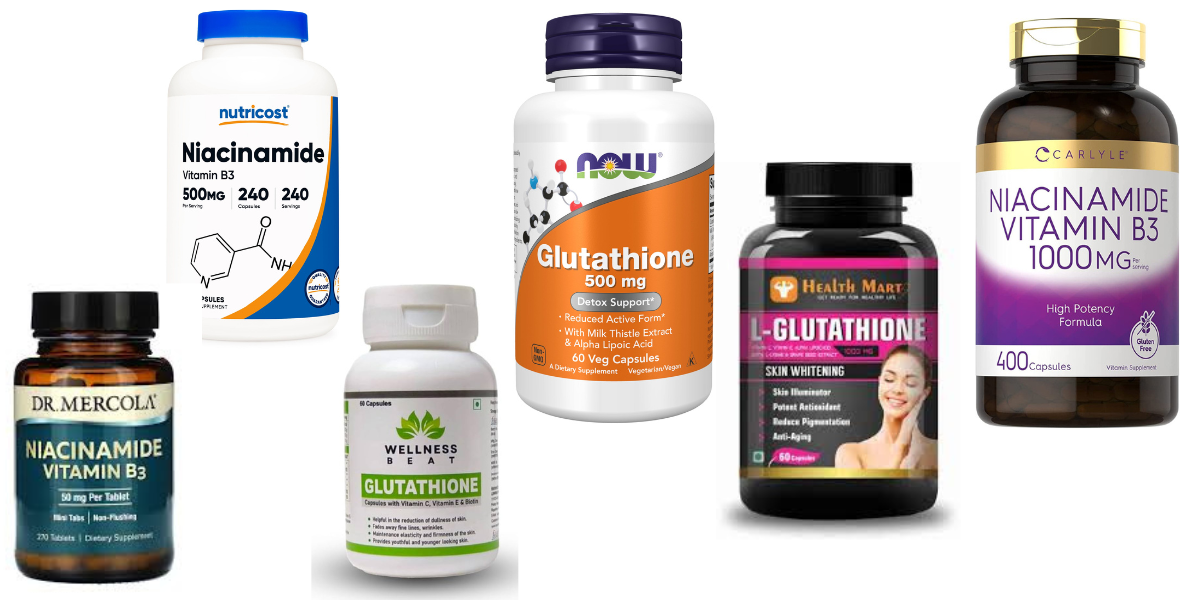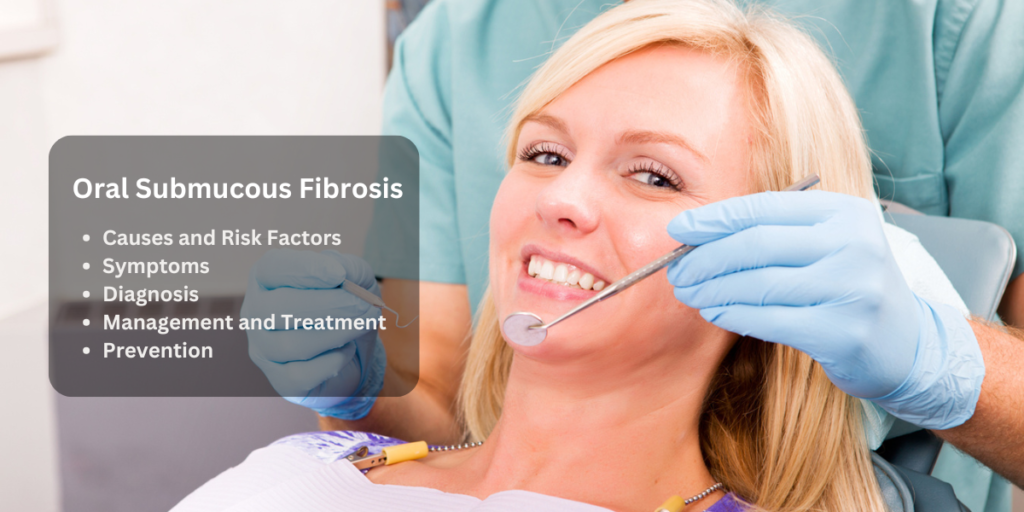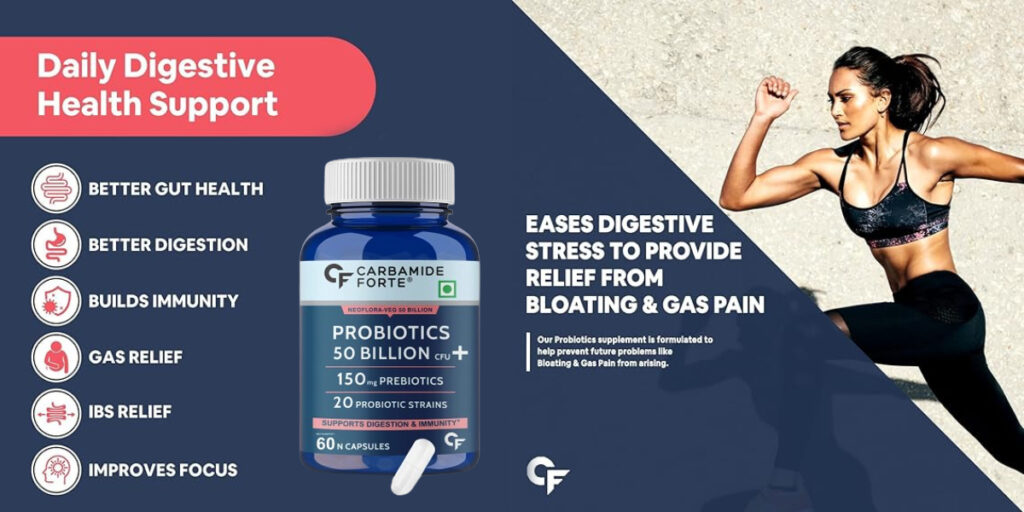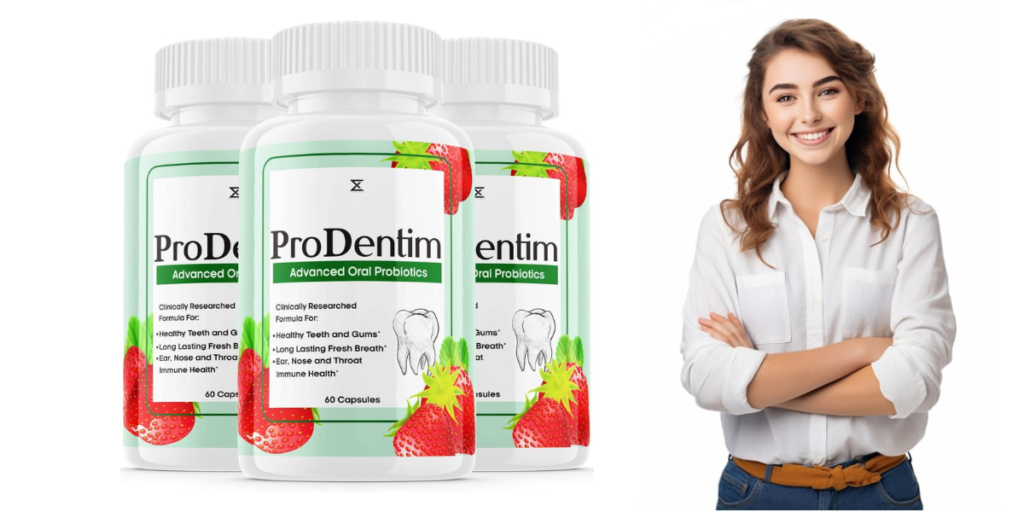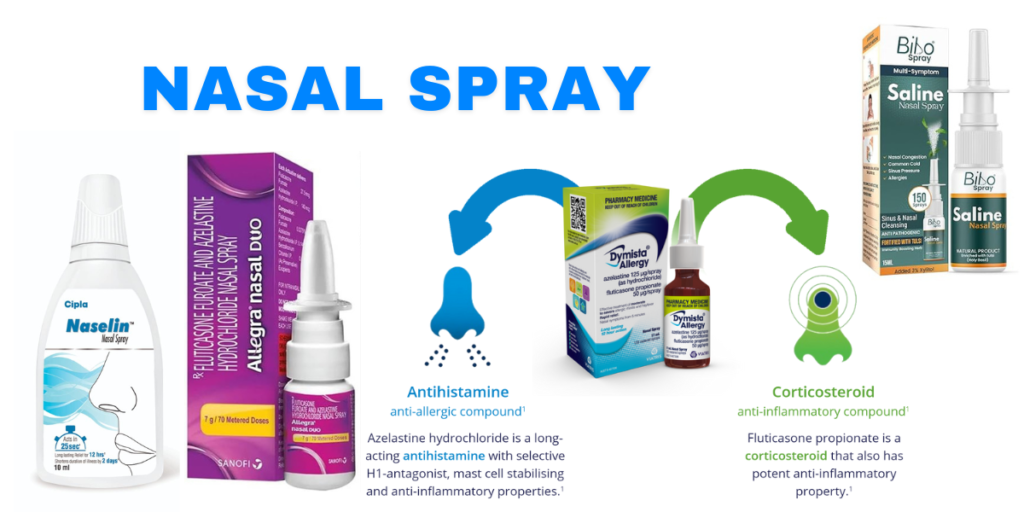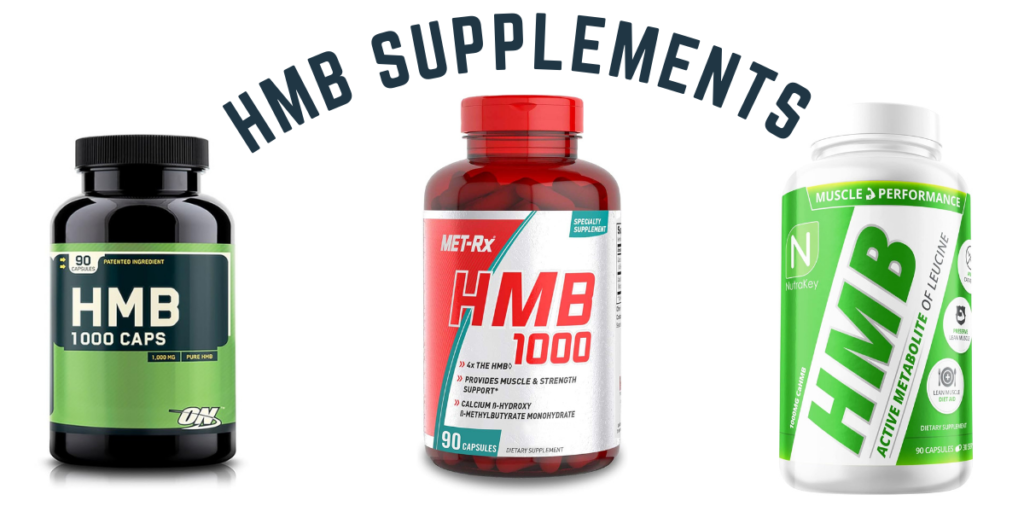Table of Contents
Hyperpigmentation, characterized by dark patches or spots on the skin, is a common concern affecting people of all skin types. This condition results from an overproduction of melanin, the pigment responsible for skin color, and can be triggered by various factors, including sun exposure, hormonal changes, inflammation, and certain medications. While topical treatments are widely used, oral supplements are increasingly recognized for their potential to address hyperpigmentation from within. This article explores the role of oral supplements in managing hyperpigmentation, highlighting key ingredients and their benefits.
Understanding Hyperpigmentation
Hyperpigmentation occurs when excess melanin is produced in certain areas of the skin, leading to uneven skin tone and dark spots. Common forms of hyperpigmentation include:
- Melasma: Often triggered by hormonal changes, such as during pregnancy or while using birth control pills, melasma appears as dark, blotchy patches, usually on the face.
- Post-Inflammatory Hyperpigmentation (PIH): This type occurs after skin inflammation or injury, such as acne, cuts, or burns, leading to dark spots on the affected area.
- Sunspots: Also known as solar lentigines or age spots, these are caused by prolonged sun exposure and commonly appear on areas exposed to the sun, like the face, hands, and arms.
The Role of Oral Supplements in Treating Hyperpigmentation
While topical treatments like retinoids, hydroquinone, and vitamin C serums remain popular for treating hyperpigmentation, oral supplements offer a complementary approach by targeting the underlying causes of excess melanin production. These supplements work by providing the body with essential nutrients that support skin health, reduce inflammation, and inhibit melanin synthesis.
Key Ingredients in Oral Supplements for Hyperpigmentation
- Glutathione
- Mechanism of Action: Glutathione is a powerful antioxidant naturally produced in the body. It helps protect cells from oxidative stress and has been shown to inhibit melanin production by converting darker eumelanin to lighter pheomelanin. This property makes glutathione a popular ingredient in oral supplements aimed at skin lightening and reducing hyperpigmentation.
- Benefits: Studies suggest that oral glutathione can lead to a reduction in dark spots and an overall brighter complexion.
- Vitamin C
- Mechanism of Action: Vitamin C is a potent antioxidant known for its ability to brighten the skin and reduce hyperpigmentation. It inhibits the enzyme tyrosinase, which plays a crucial role in melanin production, and protects the skin from UV damage.
- Benefits: Regular intake of vitamin C can help lighten existing hyperpigmentation and prevent new dark spots from forming.
- Niacinamide (Vitamin B3)
- Mechanism of Action: Niacinamide is a form of vitamin B3 that has anti-inflammatory properties and helps regulate melanin transfer within the skin. It also strengthens the skin barrier, improving overall skin texture and tone.
- Benefits: Oral niacinamide can help reduce the appearance of dark spots and improve skin elasticity, making it a valuable addition to hyperpigmentation treatment regimens.
- Polypodium Leucotomos Extract (PLE)
- Mechanism of Action: PLE is derived from a tropical fern plant and has strong antioxidant and photoprotective properties. It helps protect the skin from UV damage, which is a major trigger for hyperpigmentation.
- Benefits: Taking PLE as a supplement can help prevent sun-induced hyperpigmentation and protect against skin aging caused by UV exposure.
- Vitamin E
- Mechanism of Action: Vitamin E is another potent antioxidant that works to neutralize free radicals and protect skin cells from damage. It also has anti-inflammatory properties that can help reduce the severity of post-inflammatory hyperpigmentation.
- Benefits: When taken orally, vitamin E can enhance skin healing and improve the appearance of dark spots.
- Zinc
- Mechanism of Action: Zinc is an essential mineral that plays a key role in skin health, wound healing, and reducing inflammation. It also regulates the activity of melanocytes, the cells responsible for melanin production.
- Benefits: Zinc supplements can help reduce the occurrence of acne and associated hyperpigmentation, promoting a clearer complexion.
Efficacy and Safety
While oral supplements can be effective in managing hyperpigmentation, it’s important to note that results may vary depending on the individual’s skin type, the severity of hyperpigmentation, and the specific supplement regimen. It is advisable to consult with a dermatologist before starting any supplement, especially if you have underlying health conditions or are taking other medications.
Conclusion
Oral supplements offer a promising approach to managing hyperpigmentation by targeting the issue from within. Ingredients like glutathione, vitamin C, niacinamide, PLE, vitamin E, and zinc can support skin health, reduce melanin production, and protect against further pigmentation. When used in conjunction with topical treatments and sun protection, these supplements can contribute to a more even and radiant complexion. However, as with any treatment, consistency and patience are key, and professional guidance is recommended to ensure the best results.
